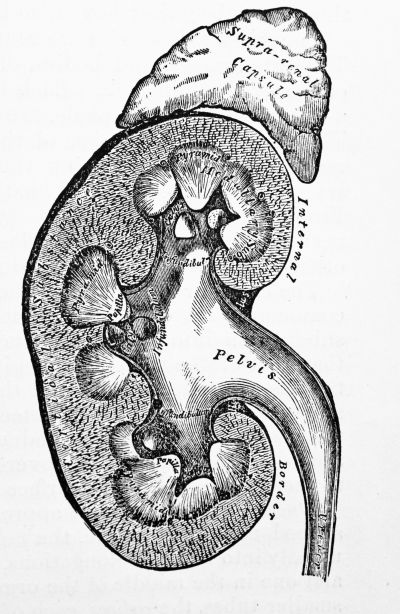Early detection of chronic kidney disease

Early detection of chronic kidney disease
Chronic kidney disease (CKD) is a progressive loss in renal function over a period of months or years. The early detection of those at risk of developing CKD is necessary as the number of patients is increasing steadily worldwide.
CKD results in renal failure and the mandatory requirement of renal
replacement therapy, transplantation or lifelong dialysis. Several
therapeutic strategies exist for treating CKD, with the majority
involving either inhibition of the renin/angiotensin system or
anti-inflammatory agents. While therapy at an early stage may be
curative, therapy at late stages can only delay disease progression,
highlighting the clear need for early detection.
The aim of the EU-funded PROTOCLIN project was to advance capillary
electrophoresis coupled to mass spectrometry (CE-MS) technology in CKD
biomarker discovery.
To achieve portability, a CE-MS platform was established in a
partner laboratory. As this multidimensional approach mandates
comparability of data sets, software solutions enabling the exchange and
comparison of data from different instruments were developed. First
validation assays confirmed portability and accuracy of both the
platform and software. To reach this goal, PROTOCLIN initiated an
intensive exchange of scientists between industrial and academic
partners.
Project members demonstrated that urinary proteomic biomarkers can
provide clinical information for the early detection and differential
diagnosis of CKD while avoiding invasive procedures. This highlights a
clear potential benefit for the application of urinary proteomic
biomarkers of CKD, generalisation of their use and their implementation
into a high-throughput screening tool.
published: 2015-03-27